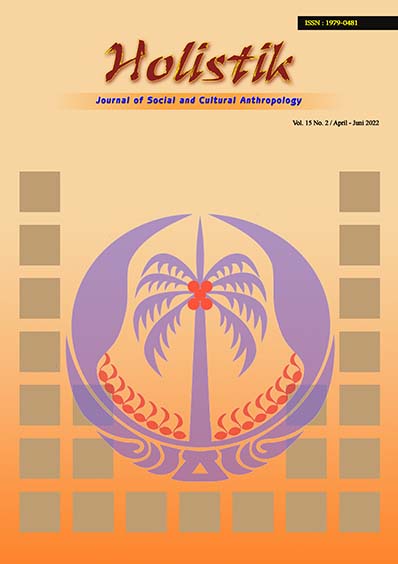KEHIDUPAN SOSIAL EKONOMI PETANI BAWANG MERAH DI DESA GUAAN KECAMATAN MOOAT KABUPATEN BOLAANG MONGONDOW TIMUR
Abstract
Shallots are horticultural commodities belonging to vegetables and spices that have an important role in the socio-economic life of the community. Shallots have a price fluctuation problem that affects consumers and producers. A method is needed to predict the price of shallots so that they can anticipate the risk of loss if the selling price of shallots decreases, so that the public can know in advance if the selling price of shallots decreases. The social life of shallot farmers in the village of guaan can overcome the risks they will face when yields decline and if sales increase, the income obtained is more and can increase their needs. The purpose of this study was to determine the Socio-Economic Life of Shallot Farmers in Guaan Village, Mooat District, East Bolaang Mongondow Regency. This study uses a qualitative descriptive method, because the qualitative method is a research procedure that produces descriptive data in the form of written or spoken words directly. The informants in this study were 5 people, 3 farmers in the garden, 1 kiosk trader, and 1 tibo handyman, a roadside trader in Guaan Village.
The results showed that the socio-economic life of shallot farmers in Guaan Village, was able to anticipate the risk of loss if the selling price of shallots fell so that the public could know in advance if the selling price of shallots decreased.
Keywords : Socio-economic life, shallot farmers, in Guaan village
